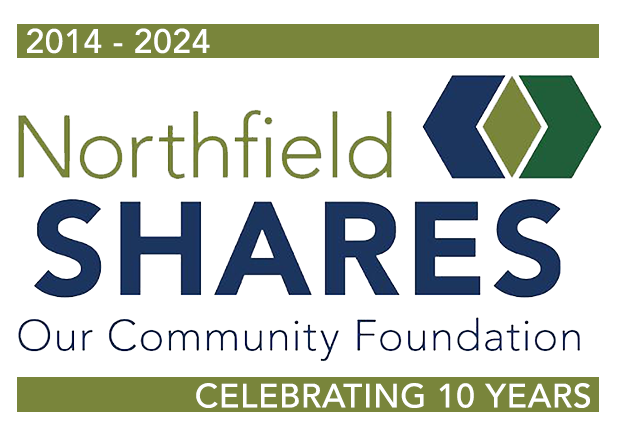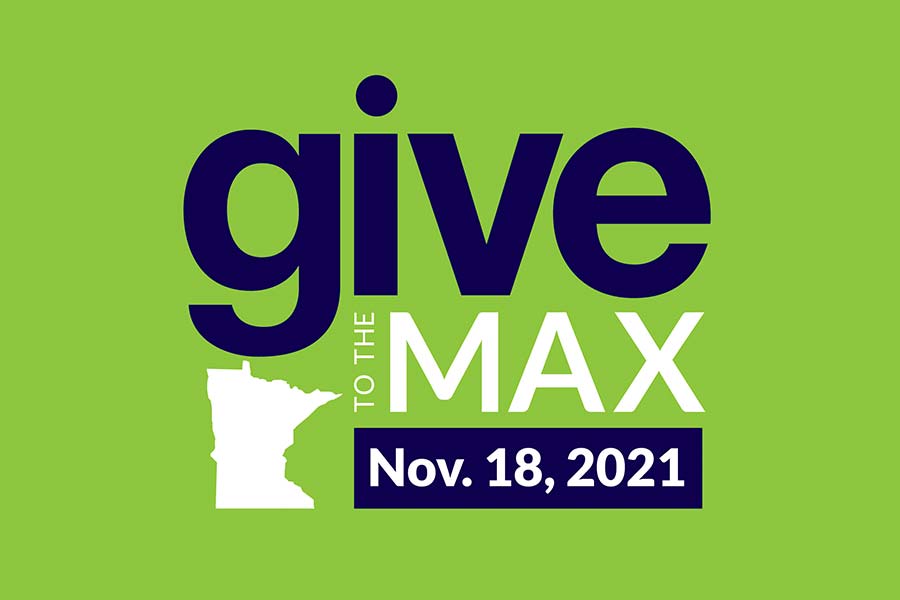
Leveraging Your IRA For Charitable Giving
Northfield Shares, in concert with advisors, strive to assist donors use their financial gifts as a tool to accomplish what is important to them. A key component of this work is to develop and implement tax-efficient philanthropic plans that align with the desires to make a difference and leave a legacy.
Below is a quick summary of How an IRA can be used to accomplish tax benefits and leave a legacy.
For clients who have individual retirement accounts (IRAs), oftentimes a QUALIFIED CHARITABLE DISTRIBUTION (QCD) is an excellent giving strategy.
The Benefits
If you are 70 ½ years of age or older, own an IRA subject to a required minimum distribution (RMD), and are charitably inclined, donating through your IRA could be tax advantageous. There are two significant benefits to this approach:
- A QCD counts toward satisfying an individual’s annual RMD.
- A QCD is excluded from a taxpayer’s annual income.
Note: Annual QCDs from all IRA accounts cannot exceed $100,000 per individual.
What is an RMD?
People who hold IRAs are required to take RMDs each year, beginning at 70 ½—even if they do not want the funds. RMDs increase the IRA holder’s total taxable income, potentially triggering higher taxes on Social Security income or increasing payments toward Medicare Part B and Part D.
What is a QCD?
QCDs enable individuals to fulfill RMDs by transferring up to $100,000 to qualified charities. Donations are made directly from a traditional IRA, inherited IRA, inactive Simplified Employee Pension (SEP) plan, or inactive Savings Incentive Match Plan for
Employees (SIMPLE) IRA. Since the money never passes through the hands of the IRA holder, it is not considered taxable income. In order for a QCD to count toward your RMD, it must be made by December 31 of the applicable tax year.
- Because QCDs reduce the balance of an IRA, they may reduce the required minimum distribution in future years.
- Donors can make QCDs that exceed the RMD for a given year, but the extra distribution cannot be carried over to meet the RMD for future years.
- WHICH CHARITIES CAN RECEIVE QCDS?
Only certain, qualified charitable organizations
—as defined in the tax code—are eligible to receive QCDs. Currently, QCDs cannot be made to donor-advised funds, private foundations, or supporting organizations, though these are categorized as charities. Donors should check with the charitable organization to ensure it is qualified to accept QCDs.
IS A QCD RIGHT FOR ME?
A QCD is an excellent charitable giving strategy for many, but in some cases alternative strategies should be considered. For example, if you have securities that have significantly increased in value since you bought them,
it may provide greater tax benefit to donate them to a charity instead of making a QCD.
Written by Cody Tresselt-Warren, CPA, CFP® Senior Integrated Wealth Advisor and Northfield Shares Board Member


